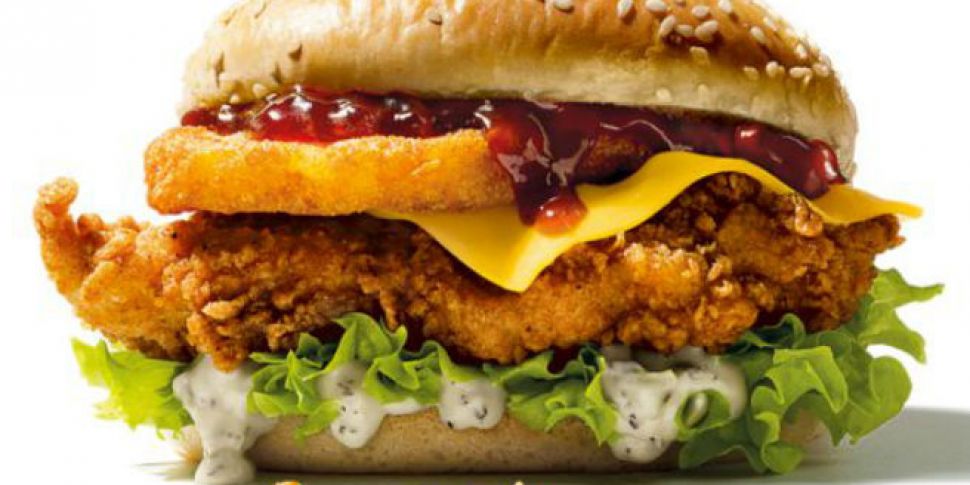The Broadcasting Authority of Ireland (BAI) on Tuesday launched a revised General Commercial Communications Code, which includes news rules on advertising junk food.
The revision sets out guidelines when it comes to airing advertising, sponsorship, product placement and other forms of commercial communications.
The revised Code will come into effect on 1st June 2017 and was developed by the BAI following a statutory review of the current Code and a public consultation on a revised draft.
Junk food and alcohol
In relation to junk food, the new rules state that a maximum of 25% of sold advertising time for High Fat Salt Sugar (HFSS) food products and/or services products are permissible across the broadcast day.
In relation to alcohol, the rules state that advertisements are not permitted for beverages containing alcohol content of 25% AbV and above such as vodka, whiskey, tequila, rum, and also alco-pops as well as pre-mixed spirit drinks.
They also revealed a host of new rules for advertising slimming products. Under the rules commercial communications shall not contain any offer of a treatment, product or service for slimming if it's likely to lead to harmful effects, or is not directly associated with the following of a properly designed diet or does not clearly state the manner in which slimming will be achieved.
Gambling
New guidelines for gambling were also revealed which stop the portrayal of gambling in commercial communications from encouraging behaviour that is socially irresponsible or could lead to financial, social, psychological or emotional harm .
In a more general sense, the new rules now clearly define the difference between product placement and sponsorship.
If a product or service is built into the action of the programme, it is product placement; if sponsor announcements or references are shown during a programme but are not part of the plot or narrative of the programme, then they qualify as sponsorship.
Speaking about the revisions BAI Chief Executive, Michael O’Keeffe said "The aim of the revised Code is to give the public the confidence that commercial communications on television and radio are legal, decent, honest, truthful, and protect their interests."









